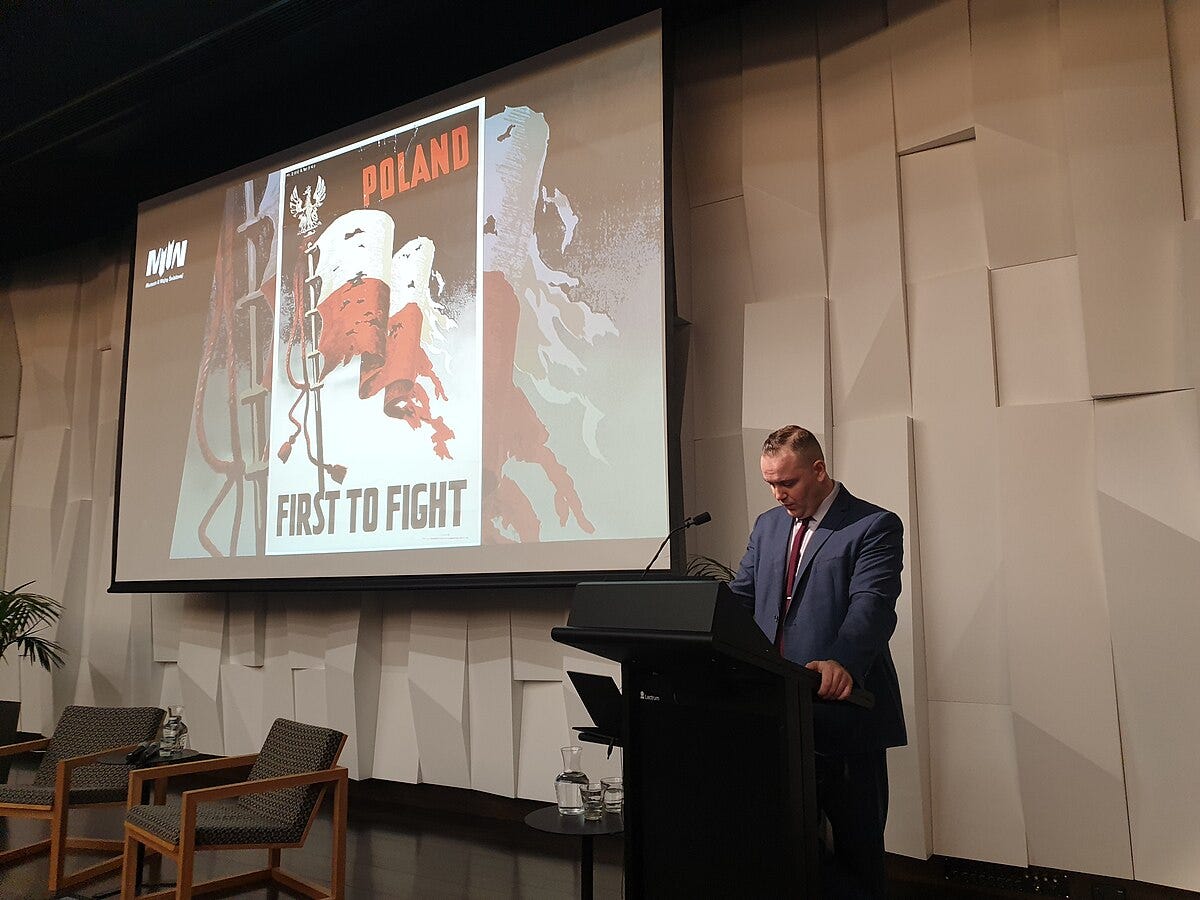Should Germany pay reparations to Poland for WWII?
How the Polish President's first visit in Berlin went down
Keep reading with a 7-day free trial
Subscribe to ZEITGEIST to keep reading this post and get 7 days of free access to the full post archives.


